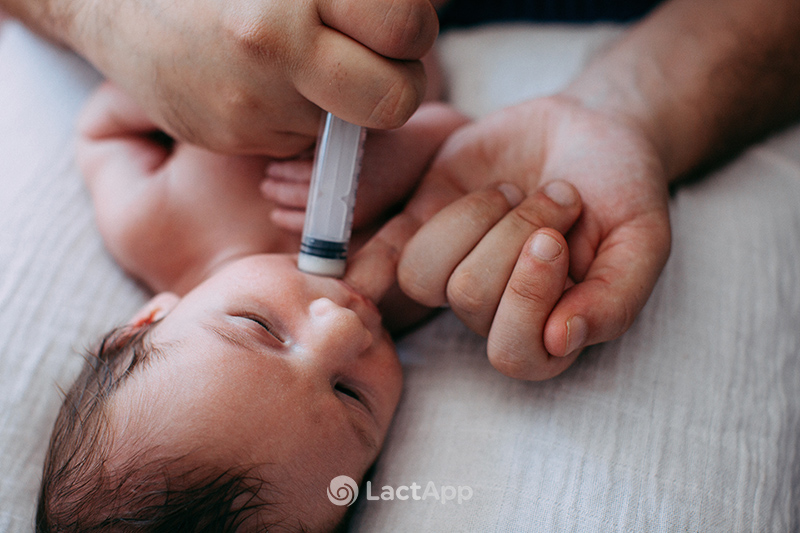Bronchiolitis is a rather frequent lung infection during winter months in infants and toddlers. It causes inflammation and congestion in the smaller branches of the bronchial airways (bronchioles). In most cases, bronchiolitis is caused by a virus such as the respiratory syncytial virus (RSV), the rhinovirus, or the influenza (flu) virus, among others. It begins as a cold (mucus, sneezing, sore throat, slight fever) and from the fourth day on, it spreads to the bronchi. This stage usually lasts between…
Read More Read More









